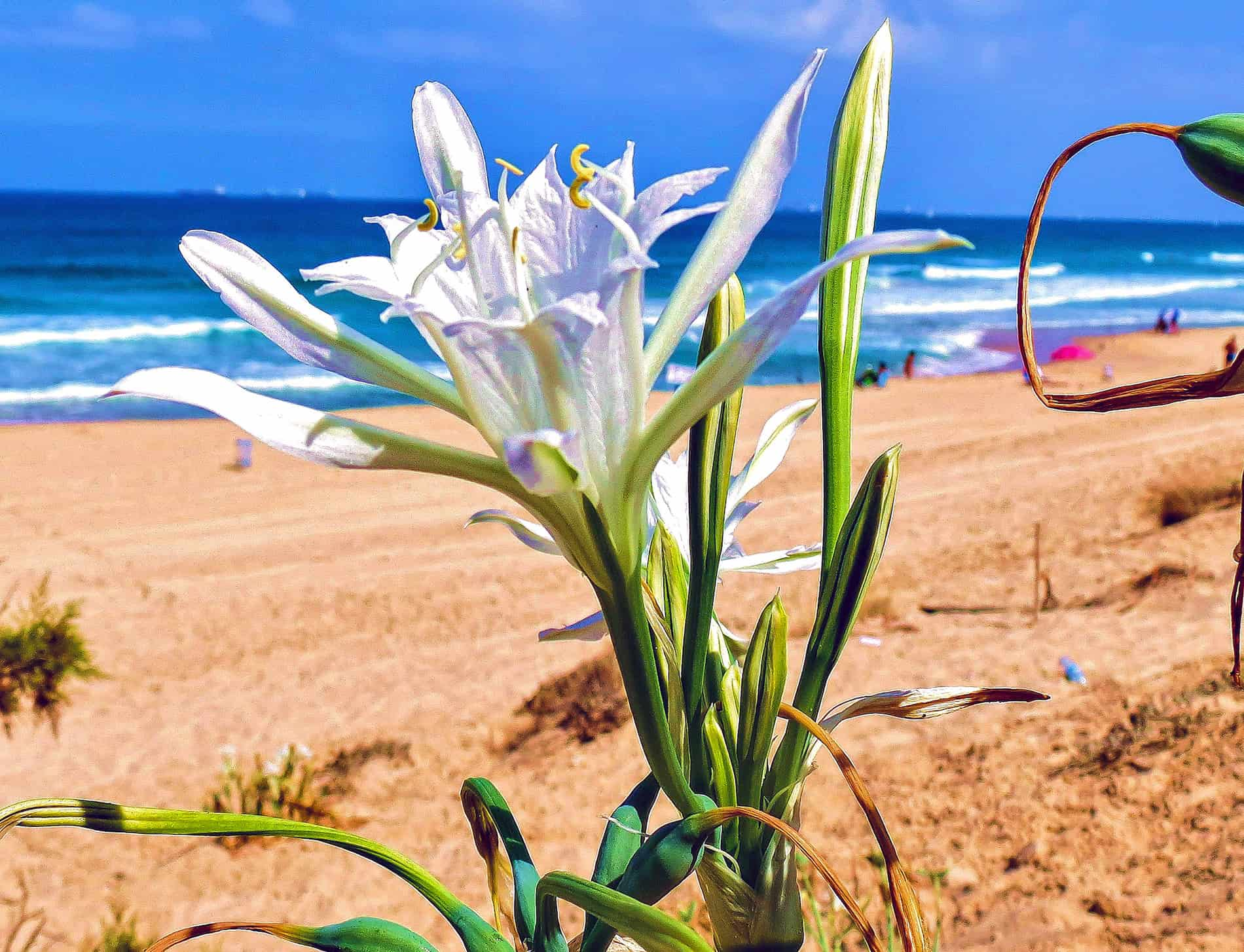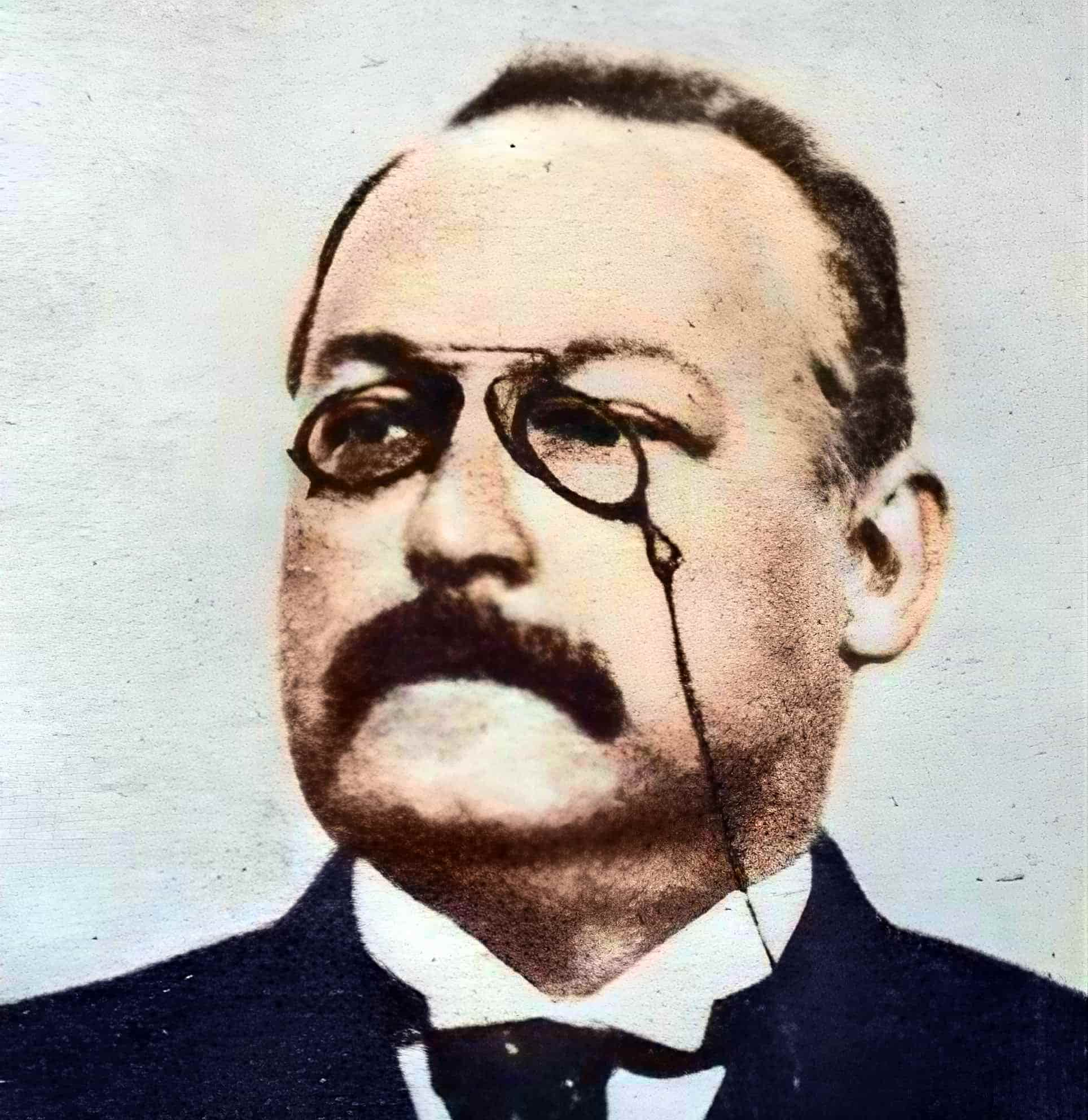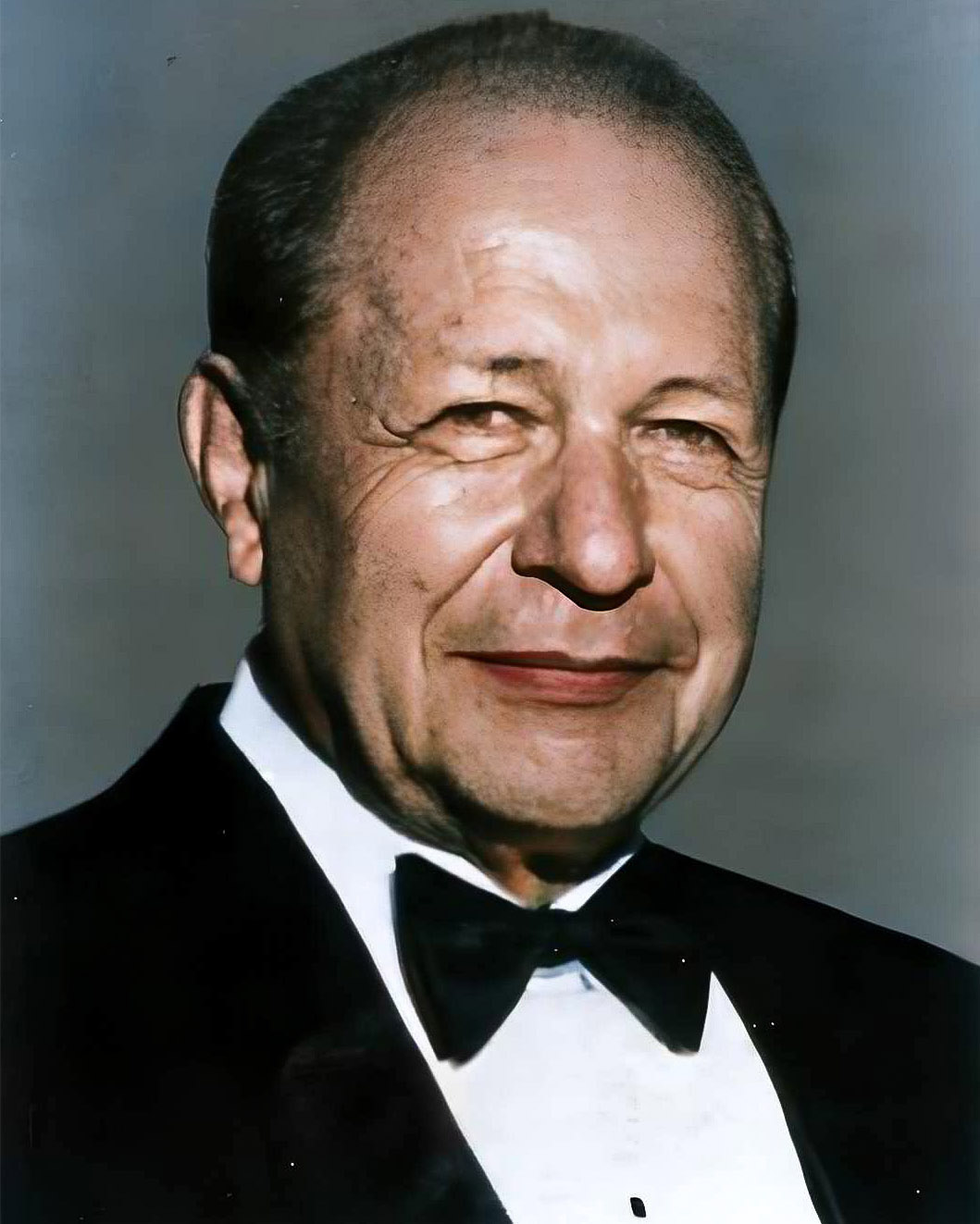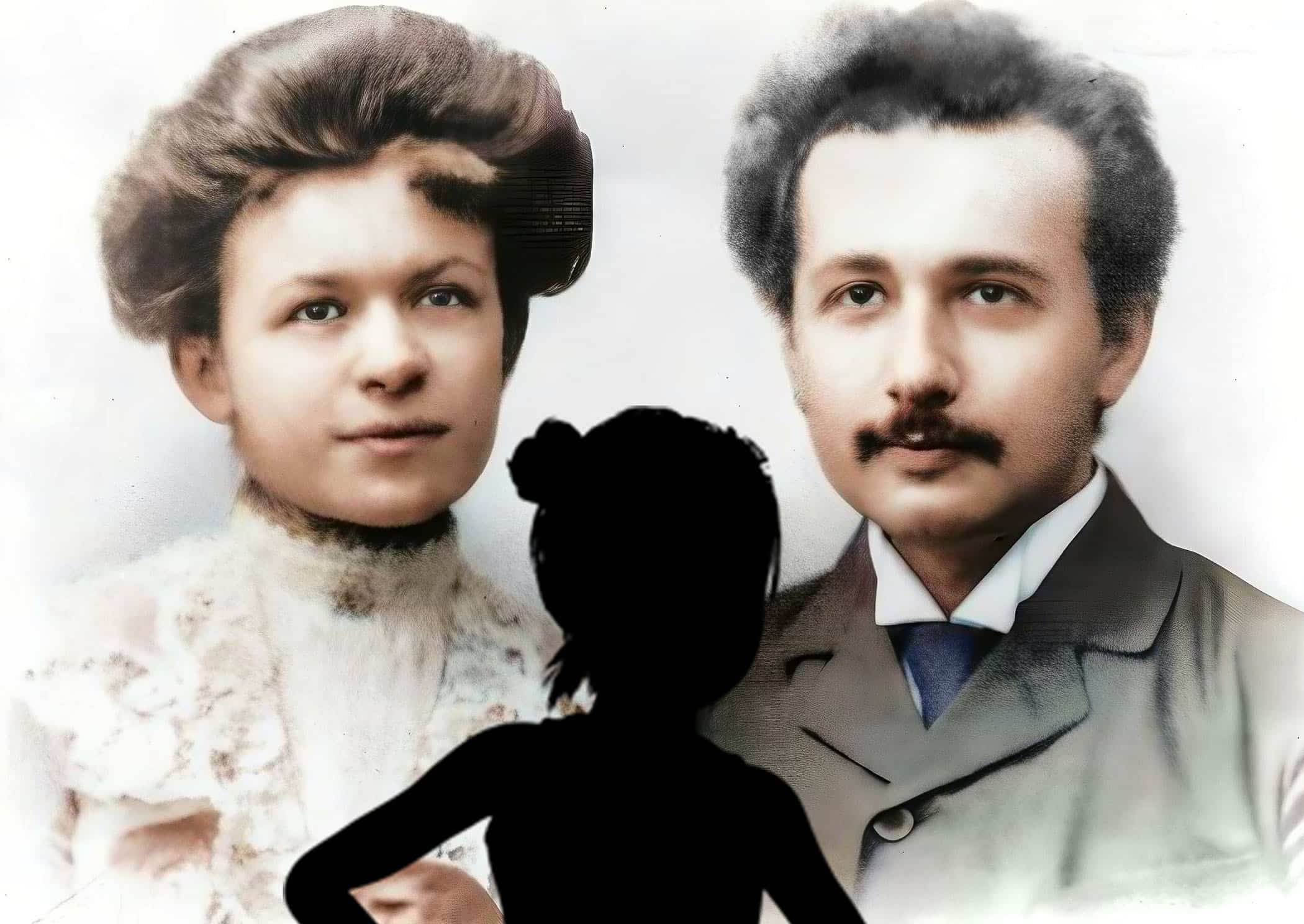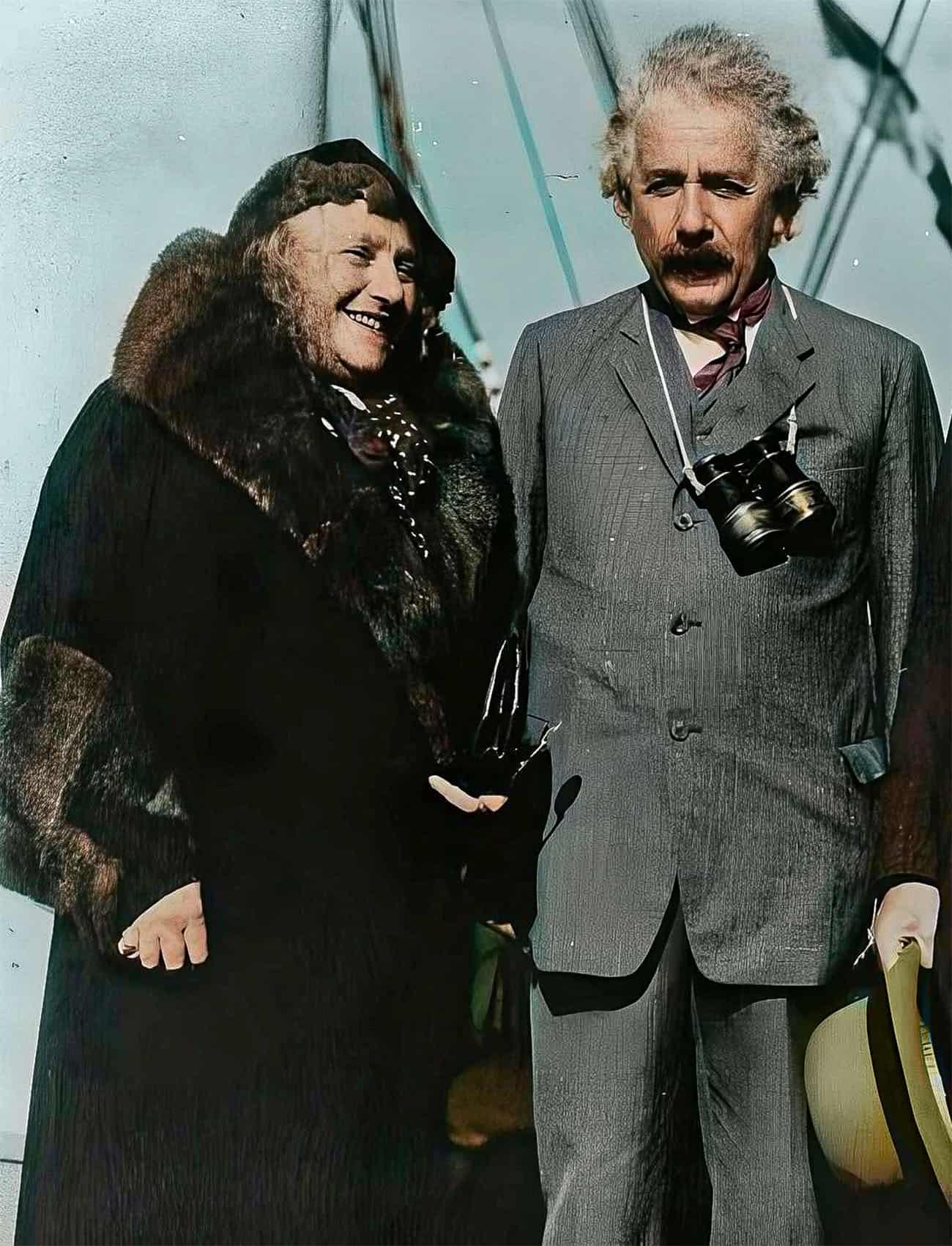- Maja Einstein was Albert Einstein’s sister and pursued higher education.
- She married Paul Winteler and lived a simple life in Italy.
- Maja passed away in 1951, cared for by Albert in Princeton.
Albert Einstein had a close relationship with his sister, Maria (Maja) Einstein. At Bern’s University, Albert Einstein was awarded his “habilitation,” the qualification to conduct teaching. The fact that his sister Maja likewise excelled at Bern and earned a doctorate in Romance studies. The fact that Einstein had a sister is surprisingly less known among many people.
Who was Maja Einstein?
Also known as “Maria”, Maja Einstein was born to Hermann Einstein and Pauline Einstein in 1881, making her the youngest of the Einstein siblings. There was a striking resemblance between them. In contrast to her brother’s life, Maja’s existence followed the trajectory of a woman who was too smart to live a traditional female life. She wasn’t complacent, but neither was she so radical as to reject all norms. Maja’s life shows the challenges and possibilities available to a woman with a university education in the early 20th century.
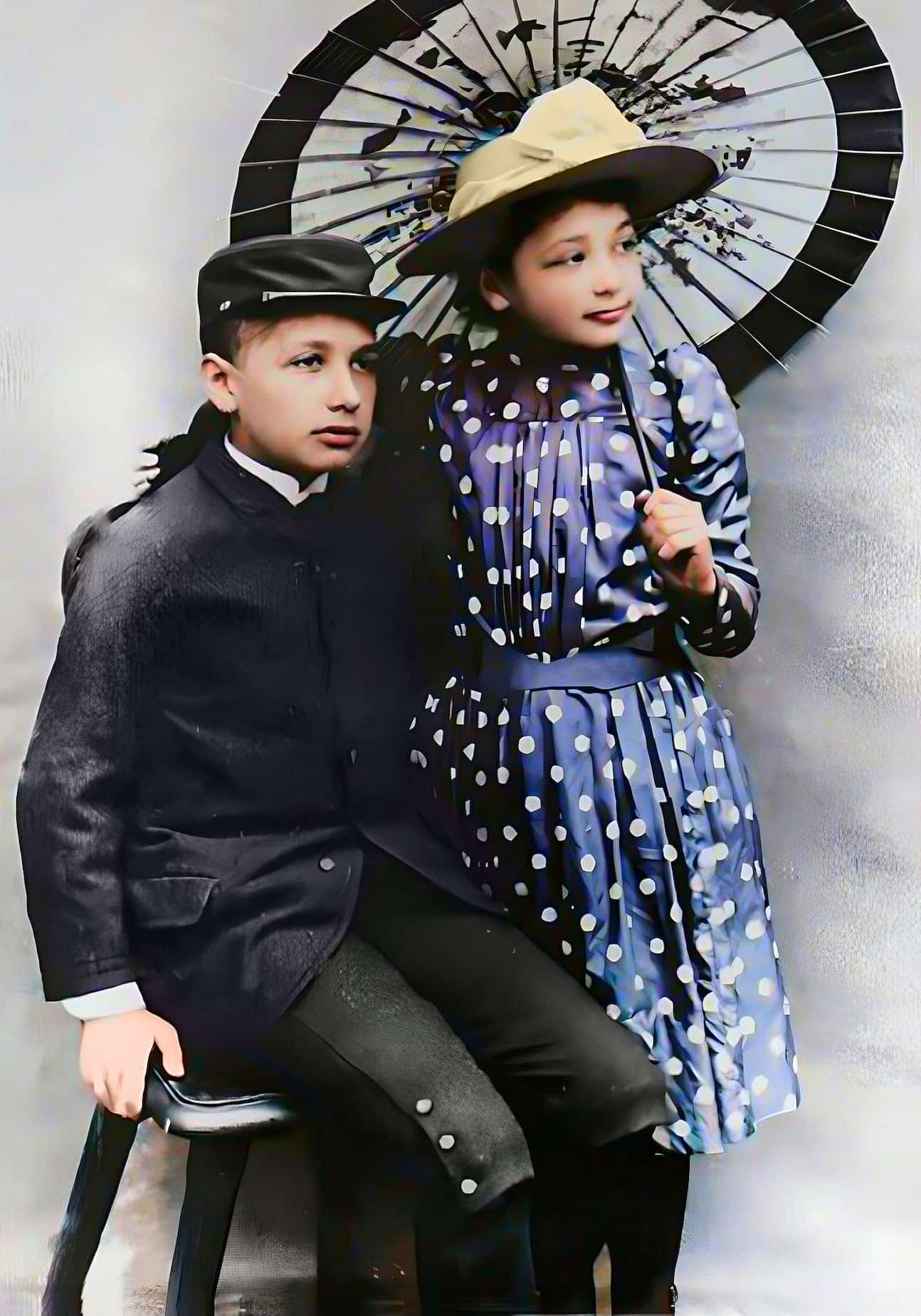
Both Maja and her closest companions were dealt blows by life, including mental illness, murder (of Robert Einstein), child mortality, poverty, and persecution for being Jews. Her story is also a tribute to the strong bonds of siblingship. Maja and her husband Paul Winteler, a Swiss lawyer, had a very loving marriage, but they also went through some very difficult times together.
Meeting the Love of Her Life
While Albert was preparing for university in Aarau, Switzerland, Maja was doing the same thing. She was there for a seminar for educators. In 1905 Maja obtained her teacher’s license, and in the same year her brother published his “Special Theory of Relativity.”
Albert met with the Winteler family when he was in Aarau, where he attended the lectures of the school professor Jost Winteler at Kantonsschule School. Paul, the son of the Winteler family, who was hosting her brother Albert at the time, became the object of Maja’s affection at Aarau. For Maja, this was the ultimate love, until death came between them.
While Maja Einstein was attending university in Bern to study Romance languages, she shared a house on the Aegertenstrasse in Bern (Switzerland) with her brother, sister-in-law Mileva Marić, and nephew Hans Albert. She kept studying Romance languages and literature in Berlin, Bern, and Paris and was doing her doctorate with a…
“… Determination of the manuscript relationship of the Knight of the Swan and the Enfances Godefroi.”
Maja always kept in touch with her brother, who was becoming famous at the time. Among Swiss women, Maja’s pursuit of further education was at the time considered radical. In fact, some of the Swiss women in attendance were subsequently influential figures in the fight for equal rights for women and girls in schools throughout the country.
Evidently, she approved of certain feminist ideals, such as the “partnership” of married man and woman, and equality between sexes in the home.
The Marriage That Changed Maja Einstein’s Life
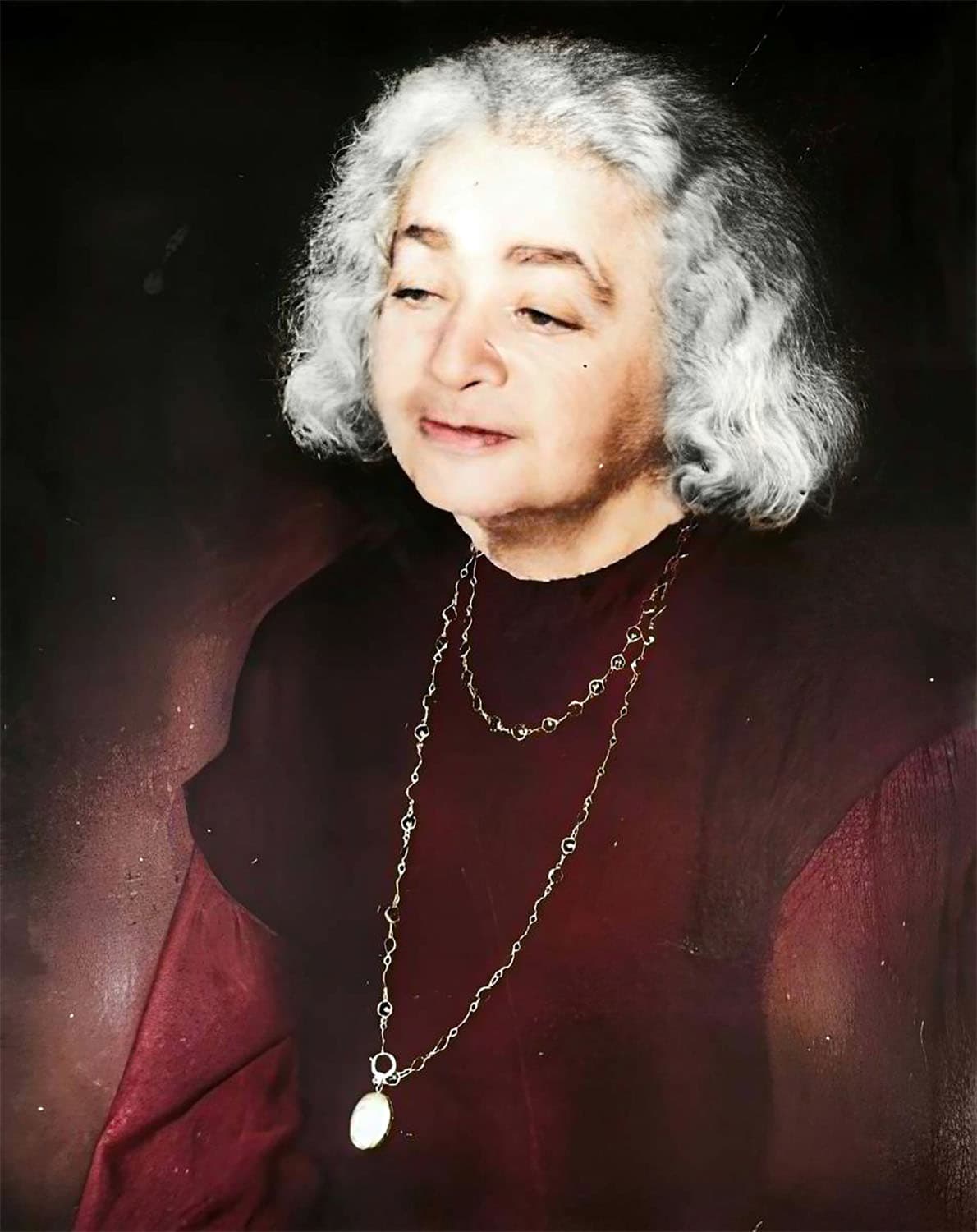
Conversely, Albert Einstein was not an early adopter of progressive women’s rights.
Regarding females, he was traditional. To the dismay of his spouses and lovers, he was also an unreliable person in romantic relationships. Closely related to her brother throughout her life, Maja experienced this as well. When Albert left his wife Mileva and their children, it was the lowest point. There was no rupture in the sibling bond despite these difficulties.
Initially, Albert considered leaving the kids with his sister.
Maja and Paul married in 1910 and made their home in Lucerne, Switzerland, where both of them had earned doctorates at the time. Although she was married now, Maja Einstein never had children and was otherwise a typical 1950s middle-class American woman in comparison.
Because of her marital status, Maja was now barred from holding a teaching position at a public high school. There was a lack of equality in Maja and Paul’s home and workplace. They wished, however, to make a “fresh start”. Paul and Maja Winteler-Einstein departed the city in 1920 to live in the warmer climes of the south. They lived a simple, self-sufficient lifestyle on a farm outside of Florence in an effort to focus on their minds and bodies through meditation and study.
Paul relaxed by painting, while Maya was interested in music and made dinner for the house.
However, even in this setting, regular, everyday issues with money persisted. In the end, Albert, the younger brother, sacrificed himself so that their far-off lifestyle would not fail disgracefully.
Einstein Was Looking After Maja When She Passed Away
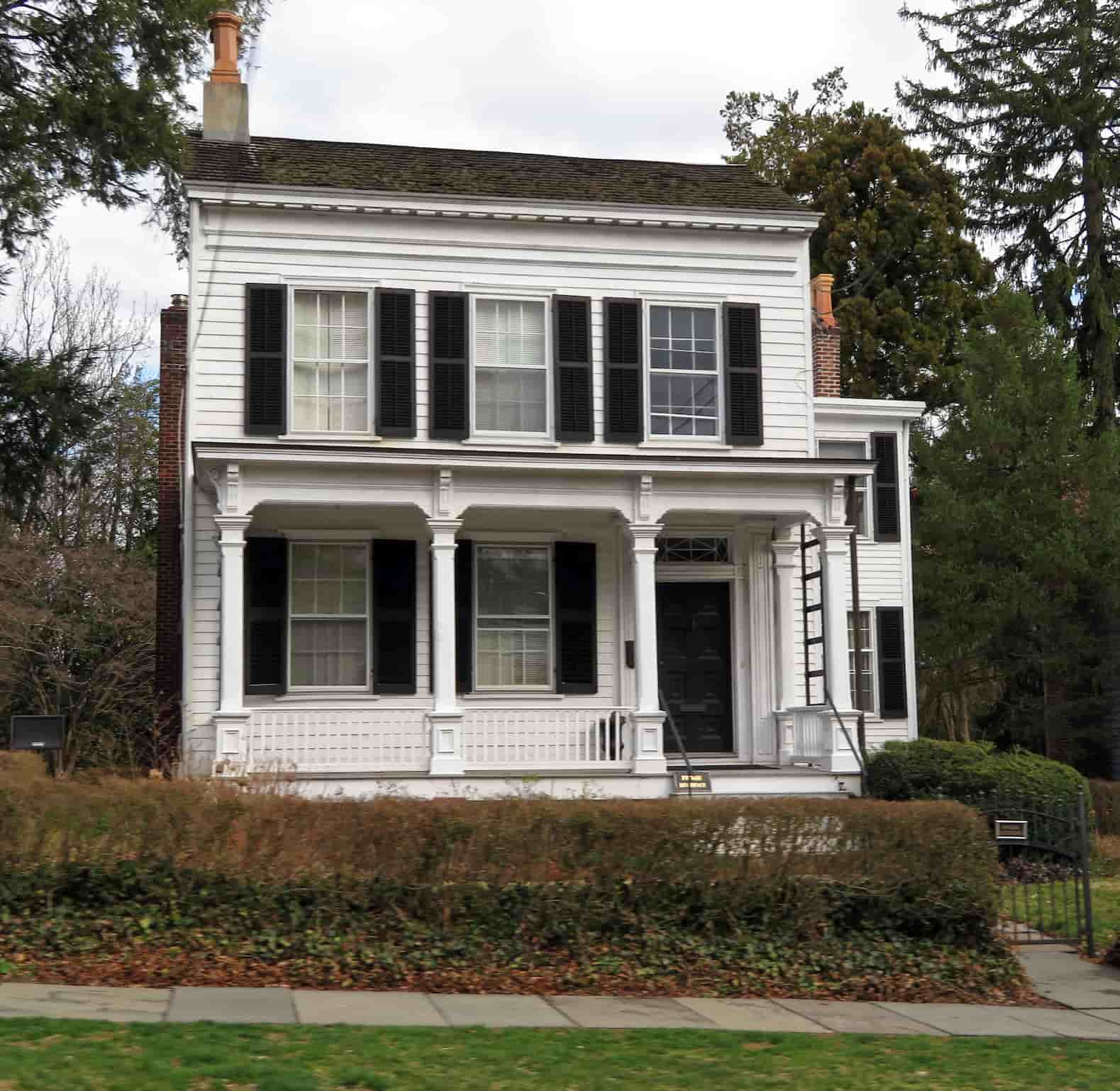
The Nazis were even after Einstein’s family because he was Jewish, so when the fascists rose up in Italy, Maja was able to escape to her brother in Princeton, New Jersey. However, the United States government denied entry to Paul due to health concerns.
Thus, in 1939, six years after Albert emigrated to the United States, Maja followed him to the Princeton house. However, Maja Einstein was seriously ill after World War II ended and had to return to the hospital many times. Her first stroke happened in 1946 and she became bedridden due to arteriosclerosis (“hardening of the arteries”). Albert wrote in a letter to Margarita Konenkova (his secret love) in Moscow on June 1, 1946:
“My sister is very sick. She had an attack that was described by the doctors as a mild stroke. She is recovering, but there is no real recovery in this ailment, which has to do with the aging process.”
Maja Einstein’s Death
This describes the subject matter of the next several years in the life of Maja. Being in Albert’s company was never dull. There wasn’t much action inside his home, but there was a lot going on in his life as he turned into a world-famous physicist.
She was never able to go back to Europe to be with Paul and Florence again. At Albert Einstein’s place, she received excellent care. The nightly routine usually included Brother Albert reading to her.
“For the past few years, I have read to her every evening from the finest books of old and new literature.”
She suffered an upper arm fracture on June 25, 1951. Later that day, Maja Winteler-Einstein passed away in 1951 from pneumonia without seeing the love of her life again while under the roof of her loving brother in Princeton. Almost a year later, Paul passed away in Geneva on July 15, 1952.
In a letter to Michel Besso on December 12, 1951, immediately after Maja’s death, Einstein wrote to his close friend:
“During the years of her suffering, we read together most of the best books written at all times. But most of all, she loved Bertrand Russell, and by the way, so did I. His style is worthy of admiration, and until his old age, he remained some kind of mischief-maker” [Einstein-Besso-2, 1980, p. 41].”







